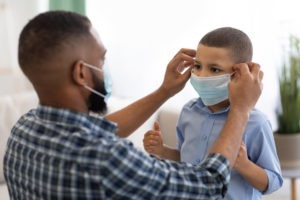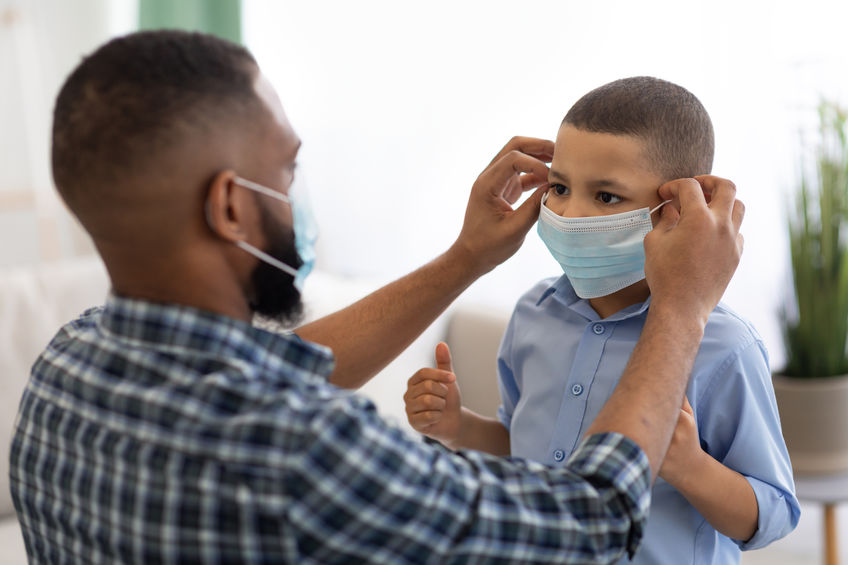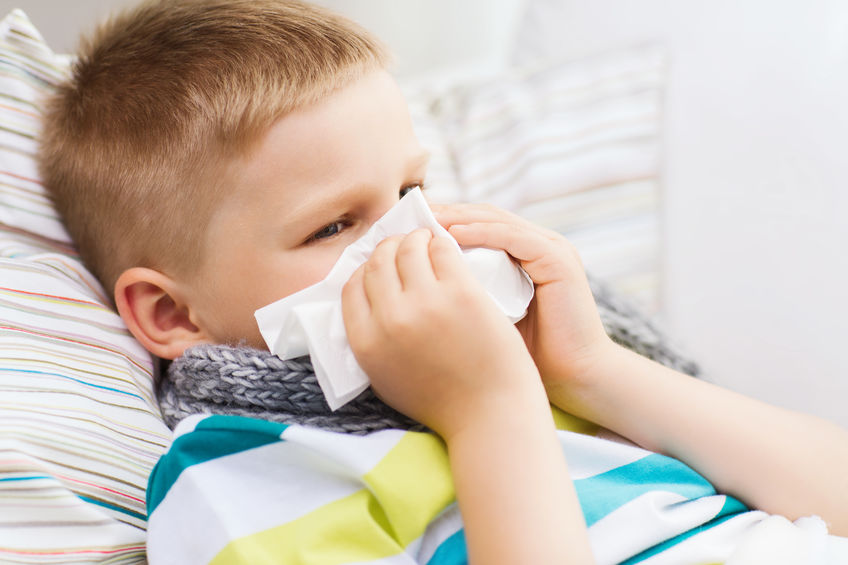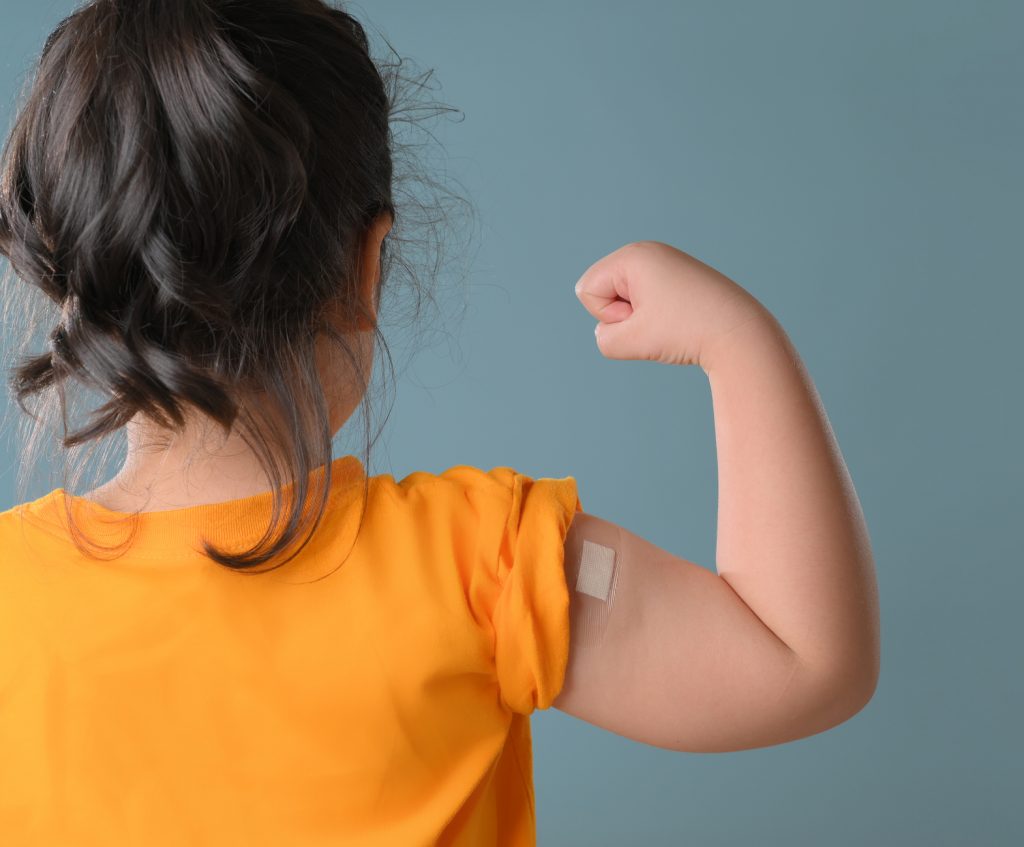
If you’re a parent, you may have heard “The Song That Never Ends,” made famous by Lamb Chop and puppeteer Shari Lewis. And unfortunately, some days it seems like COVID-19 is the song that never ends, even though we all desperately want it to.
But just as Lamb Chop does eventually stop singing, COVID-19 will eventually no longer be in the forefront of our lives. For the time being, however, many parents are remaining careful. And not only is that okay — it’s recommended.
COVID-19 Transmission in Douglas County
As of June 28, 2021, Douglas County in Nebraska has a low level of community transmission — but several neighboring counties are still at moderate or high levels.
This past year has been trying, especially for children who have lost so much, from time with friends to birthday parties to summer camps. And while children as young as 6 months old are taking part in trials for vaccinations, there’s not one ready for all children just yet. As a result, children are still at risk of contracting COVID-19.
In order to ensure your family’s safety, setting COVID-19 limits is still completely justified. Here are 3 ways to continue to navigate these limits for your child as the pandemic winds down.
1. Let go of guilt, and normalize still being careful about COVID-19.
Whether it’s what to feed your child or when bedtime is or how much screen time they’re allowed, parenting and decisions go hand-in-hand. This past year, you’ve had to add how to navigate a global pandemic to that list, and it hasn’t been easy.
Remember that every parenting decision you make is with love and concern for your child’s well-being. Each rule you put in place is meant to keep them — and your family — safe, and that remains true.
Also, COVID-19 is still a very real risk. Even as restrictions ease across the country, it’s important to remember that many of them apply to vaccinated individuals — which does not include children under 12 years old.
Even though over 45% of American adults have received at least one dose of the COVID-19 vaccine, and around 35% are fully vaccinated, children are in a different boat. Currently, children over 12 years old can only get the Pfizer vaccine, and children under 12 years old aren’t eligible to get any vaccine at all.
Unfortunately, many young, unvaccinated children have been driving recent rises in COVID-19 cases.
So even if the adults in your family are vaccinated, some of your children probably aren’t. And that means they can still get COVID-19 and experience serious complications.
MIS-C After COVID-19
MIS-C (multisystem inflammatory syndrome) is a post-COVID illness that has already affected over 2,000 children. MIS-C is when different body parts, like the heart or lungs, can become inflamed, causing fever, vomiting, diarrhea, and rashes. Over the past few months, children’s hospitals around the country have reported surges of MIS-C.
As long as the risk of COVID-19 is still there, doing everything you can to protect your child should not cause any guilt. Instead, it should remind you that you’re a loving and thoughtful parent.
2. Be open with your child.
Despite the known risks, it can be difficult for your child to understand why there are still limits on their playdates, summer camps, and other favorite activities. Explaining to your child why these limits exist — and how they are keeping them safe and healthy — is an important way to build trust and understanding.
How much you discuss with your child depends on their age. For instance, younger children benefit from a supportive environment where they know they can ask questions — and you’ll respond with honest answers they understand.
But if your child is older, you might want to also discuss factors like social media, such as what it’s like seeing their vaccinated friends hang out in large groups or the spread of misinformation.
Remember that open discussions require listening, too. If your child expresses frustration or anger, listen to what they have to say. And don’t be afraid to validate their feelings — they have the right to feel a little short-changed.
3. Remember that this won’t last forever.
Every day, we get closer to putting COVID-19 behind us. Researchers, scientists, and health experts are working tirelessly to reach a life that is unrestricted by this virus. With patience and time, we will get there.
For now, continue to remind yourself and your child that COVID-19 limits won’t last the rest of your child’s life. And keep doing what you do best — loving your child by putting their health and safety first.
Do you have questions about COVID-19 and keeping your family safe? We’re here to help. Contact your child’s pediatrician or visit our COVID-19 Resource Center..



